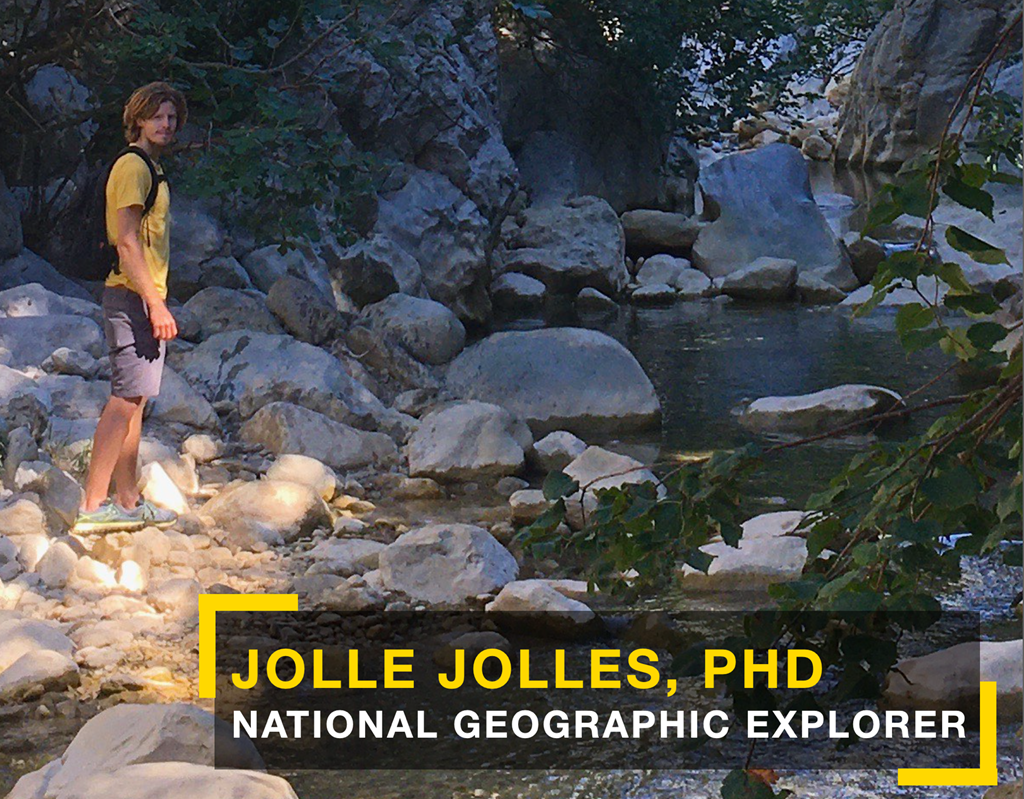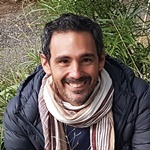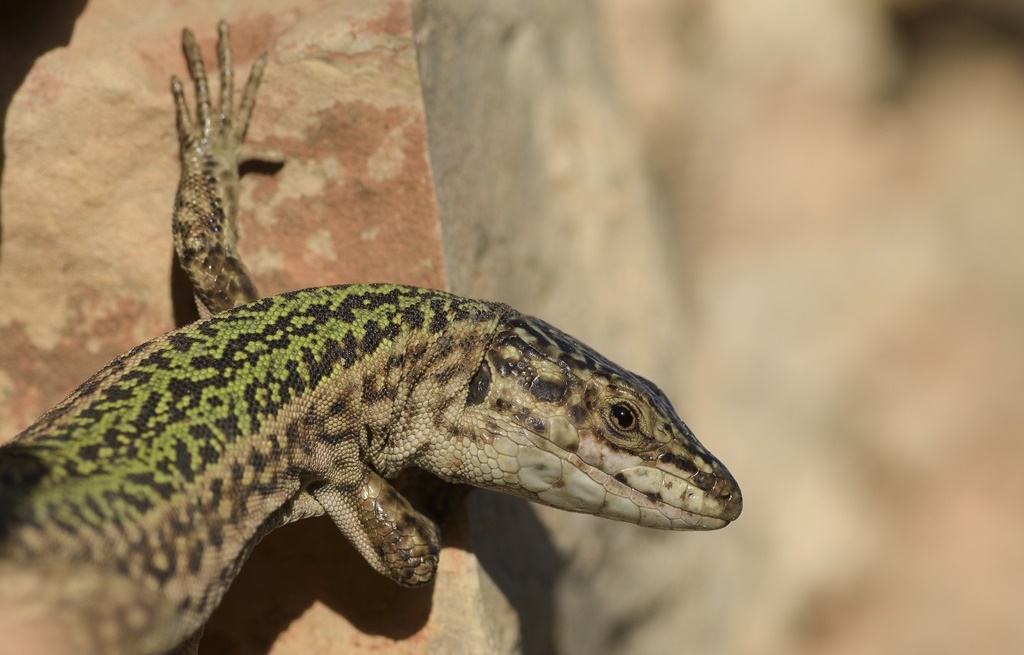Researchers Jolle Jolles and Oriol Lapiedra, two new National Geographic Society Explorers to protect our world in the context of environmental change
National Geographic Explorers see the difference between the world as it is and as it could be. Therefore, they act through science, exploration, education and storytelling to contribute to our understanding of land, ocean, wildlife, and human cultures and ingenuity. "They are driven by something greater than themselves", according to the global organisation committed to illuminating and protecting the wonders of our world. This strong statement of principles explains why the National Geographic Society invests in a global and diverse community of change makers focused on our natural environment. CREAF researchers Jolle Jolles and Oriol Lapiedra have recently been awarded the title of 2022 National Geographic Explorer, which reflects the commitment in their work and aims in protecting our natural world. For Lapiedra this is the second time he has been honoured by the society.
"It's a great community of likeminded scientists, explorers, and storytellers," says Jolle Jolles, "and being part of it is very valuable to me, and will enable me to further push the boundaries to understand and protect our biodiversity”. Jolles’ work is focused on understanding the impacts of severe droughts of freshwater fish in Mediterranean streams, which is intensifying by human-induced climate change. "Receiving an exploratory grant helps lay the foundations for setting up my long-term fieldwork to study the drying streams and fish populations that inhabit them”, explains Jolles. Using his grant he has been able to hire a field technician and a professional film maker, and buy essential equipment for the field work.

"It is a great community of likeminded scientists, explorers, and storytellers, and being part of it is very valuable to me, will enable me to further push the boundaries to understand and protect our biodiversity"
JOLLE JOLLES, CREAF researcher

For Oriol Lapiedra the word that defines being an NGS explorer is opportunity. "For young scientists, it means having a great deal of independence because, all of a sudden, you become the principal investigator," he explains. He also highlights as a great asset "the high flexibility that the organisation provides to manage the financial contribution". In his case, he recently received it to study the consequences of the rapid invasion of predatory snakes in Mediterranean systems, specifically the case of the Ibiza Wall Lizard (in the Balearic Islands). He was also awarded a National Geographic Society Explorer grant a few years ago to continue an evolutionary ecology experiment with ‘anolis’ lizard: "in this project I use small islands as experimental replicas”.

"For young scientists, it means having a great deal of independence because, all of a sudden, you become the principal investigator"
ORIOL LAPIEDRA, CREAF researcher

Local focus, global commitment
The National Geographic Society's Explorer label also implies a global outlook, a responsibility and a far-reaching shared commitment. The desire behind the support of specific research and education proposals is to collaborate across cultures to influence a new global system. Since its founding in 1888, the National Geographic Society has awarded more than 15,000 fellowships to individuals with diverse projects, ideas, talents, backgrounds and experiences.







